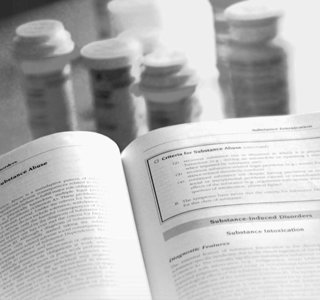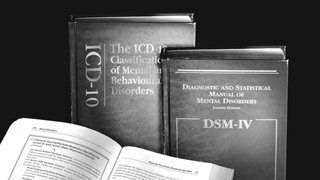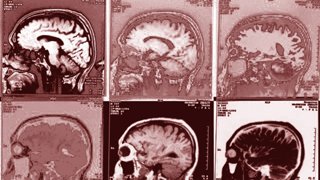Quick Facts about Psychiatry
While posing as “authorities” on the mind and mental health, psychiatry has no scientific basis for any of its treatments or methods. Presented herein is specific evidence debunking several of the main claims and methods of this pseudo-science.

Psychiatric disorders are not medical diseases. There are no lab tests, brain scans, X-rays or chemical imbalance tests that can verify any mental disorder is a physical condition. This is not to say that people do not get depressed, or that people can’t experience emotional or mental duress, but psychiatry has repackaged these emotions and behaviors as “disease” in order to sell drugs. This is a brilliant marketing campaign, but it is not science.

Psychiatry’s diagnostic criteria are literally voted into existence and inserted into the American Psychiatric Association’s Diagnostic and Statistical Manual for Mental Disorders (DSM). What is voted in is a system of classification of symptoms that is drastically different from, and foreign to, anything in medicine. None of the diagnoses are supported by objective evidence of physical disease, illness, or science.

“We do not know the causes [of any mental illness]. We don’t have the methods of ‘curing’ these illnesses yet.” —Dr. Rex Cowdry, psychiatrist and director of National Institute of Mental Health (NIMH), 1995

Psychiatrists claim that brain scans now show brain changes that “prove” mental disorders, such as schizophrenia and depression, are brain-based. There is no scientific evidence to prove this: it remains what the “fine print” in the studies tell you: “suggests,” “may” and “it is hoped.”

Psychiatrists can’t predict what adverse side effects you might experience because not one of them knows how their drugs work.
Psychotropic drugs are increasingly being exposed as chemical toxins with the power to kill. Psychiatrists claim their drugs save lives, but according to their own studies, psychotropic drugs can double the risk of suicide.







